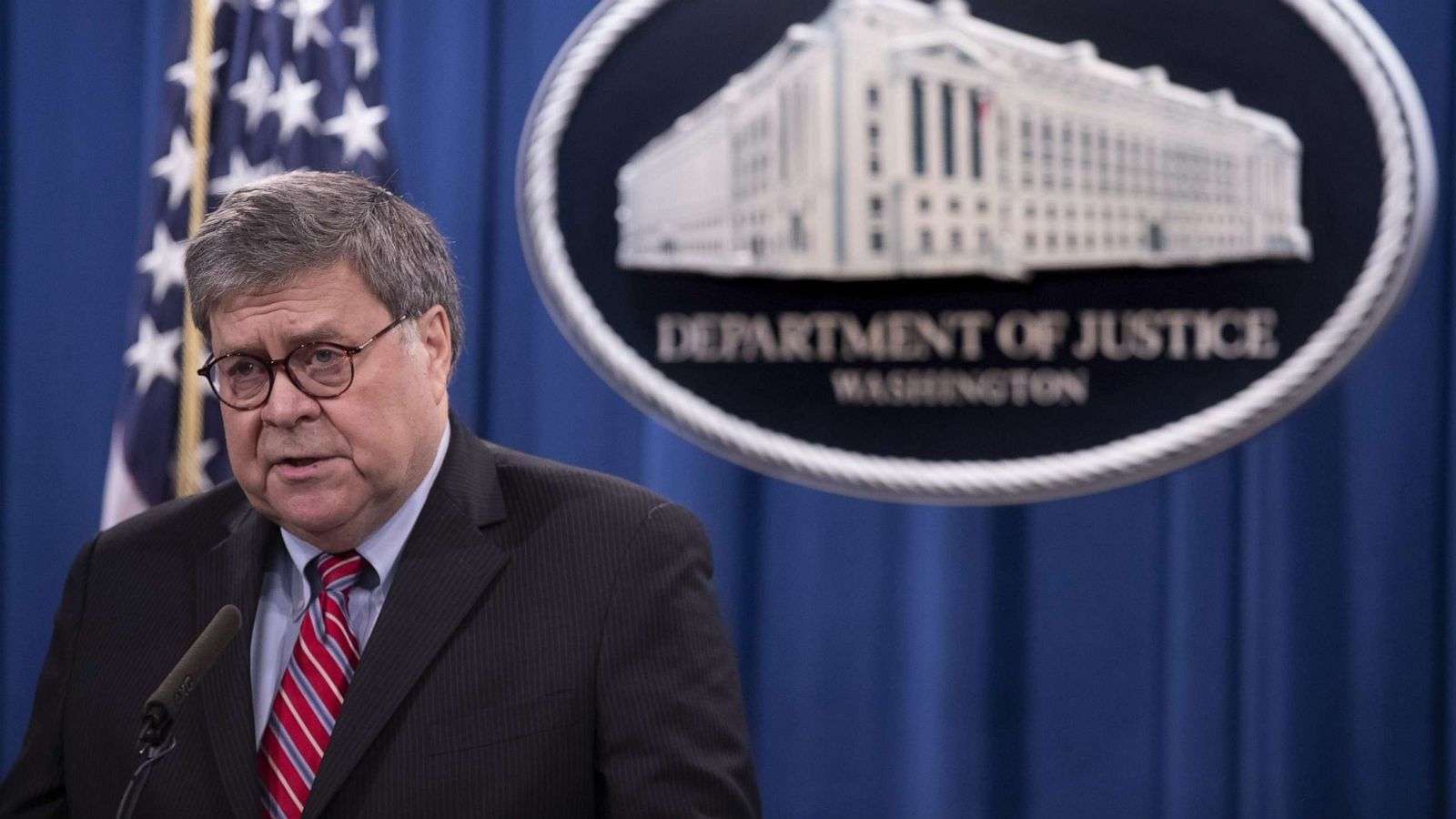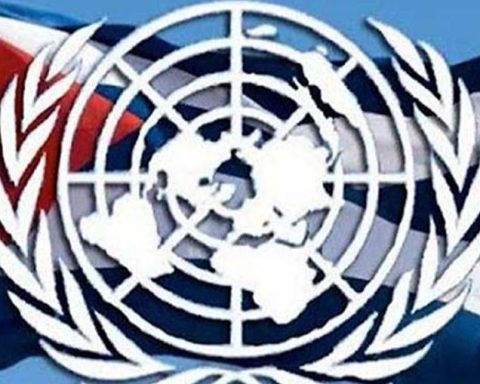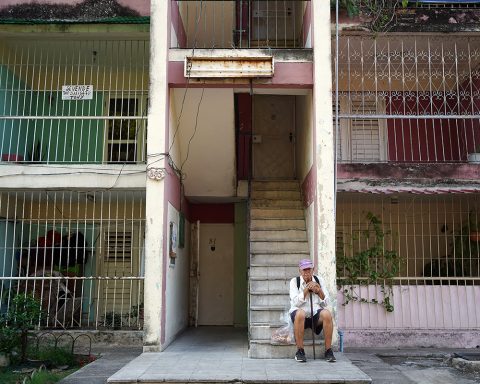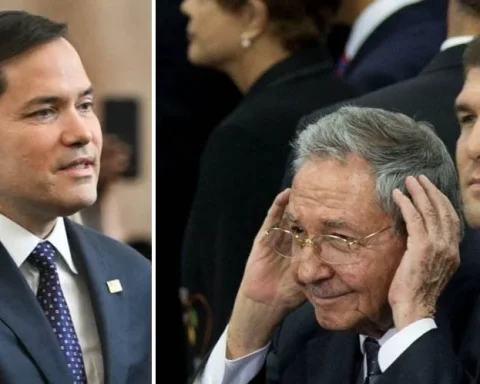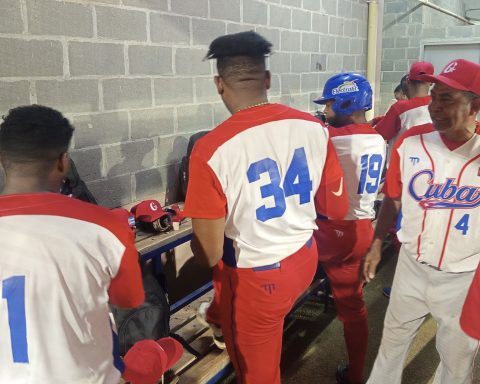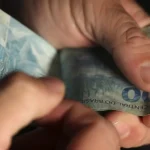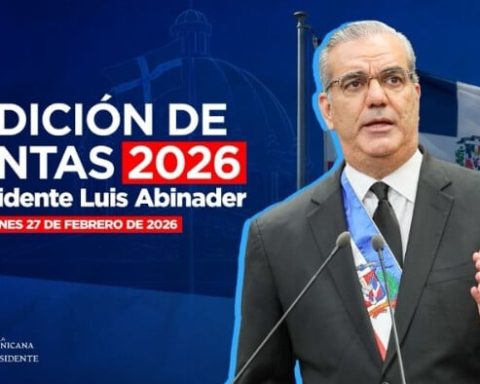Justice Department officials evaluating then-President Donald Trump’s actions during the Russia investigation concluded that nothing he did, including firing the FBI director, rose to the level of obstruction of justice and that there was no precedent for a prosecution, according to a published memo.
The nine-page memo, prepared for then-Attorney General William Barr by two top Justice Department officials, offered a legal analysis of whether Trump had criminally obstructed the investigation into possible links between Russia and his 2016 presidential campaign.
Barr agreed with the conclusions of the March 24, 2019, memorandum and announced that same day that he had concluded that Trump’s conduct did not violate the law.
Although the decision not to charge Trump with obstruction has been well-documented, the memo offers additional detail on how two of the department’s top leaders came to that conclusion.
The department’s decision was remarkable. Special counsel Robert Mueller, who led the Russia investigation, refused in his 448-page report to decide whether Trump had obstructed justice, but also did not acquit him.
Mueller’s report looked at 10 cases in which Trump became involved in the Russia investigation. Those include the May 2017 firing of then-FBI Director James Comey; his request to Comey three months before dropping an investigation into his administration’s national security adviser, Michael Flynn; and his subsequent efforts to get Mueller fired.
In their memorandum, the two officials, Edward O’Callaghan and Steven Engel, asserted that neither act amounts to criminal obstruction of justice. They said the evidence suggested that Trump took the actions he did “not for an illegal purpose,” but because he believed the investigation was politically motivated and impeded his ability to govern.
In the case of Comey’s firing, for example, they wrote that the “driving force” was anger over Comey’s refusal to state publicly that the FBI was not investigating Trump himself rather than an effort by Trump to derail the investigation. And in other cases, they said, none of Trump’s requests to “change the oversight of the investigation,” including telling his White House lawyer to engineer Mueller’s firing, never came to pass.
The department released the memo Wednesday following an appeals court ruling last week that the document had been improperly withheld from a government watchdog group, Citizens for Responsibility and Ethics in Washington, which had sued it. .
In a statement on Wednesday, the group criticized the memo for presenting an “astonishingly generous view of the law and the facts for Donald Trump. It significantly distorts the facts and the law to benefit Donald Trump and is inconsistent with a serious reading of obstruction of justice law or the facts found by special counsel Mueller,” the statement said.
